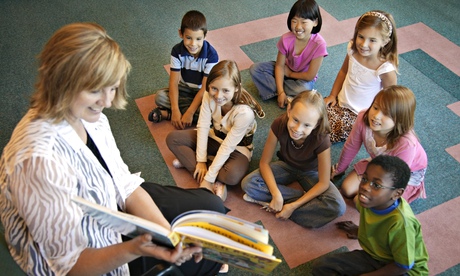
There seems to be a belief held by some that the UK has a “cultural pie”. If that’s correct, calls for all our children to be able to access this pie does not mean those currently lucky enough to get a slice will end up getting less or losing out.
I recently gave a couple of interviews where I talked about the cultural world in general, and how UK children’s/young adult literature in particular needs to be more diverse and therefore more inclusive. I spoke of a desire to see more stories featuring protagonists with disabilities, protagonists who are LGBT, protagonists of colour, travellers, and British protagonists of different cultural heritages and diverse religions. These books may feature characters whose actions, thoughts and feelings are perhaps informed by their experiences and background, but which are not the focus of the story. I talked about wishing to see a more diverse range of literature available to all our children.
After all, we inhabit the same planet. Our country has and always will be multicultural. To those who doubt it, try reading Benjamin Zephaniah’s poem The British.
Sky News saw fit to headline my interview – Children’s Books “Have Too Many White Faces”, a phrase I never used and which never even crossed my mind. When I complained, Sky apologised and changed the headline, but by then the damage had been done, with a number of publications publishing the Sky article with its original inflammatory headline.
A deluge of racist abuse then descended upon my head. My Twitter feed was inundated with racist comments thinly disguised as indignation. I made the mistake of deleting a number of them, reporting two of the most threatening. I should not only have left them in my Twitter feed, but also retweeted every single one of them for my followers to see. I won’t make that mistake twice.
So here’s the thing – this country’s cultural pie gets bigger, not smaller, as more people are allowed to partake of it. When children and young adults see their lives and concerns reflected in the homegrown books they read, the films and television programmes they see, the computer games they play, they feel they and their lives are not invisible. Seeing yourself in the cultural world leads to a sense of better social inclusion and a feeling that you are part of something, that you have a stake in it and wish to add constructively to it. For some – like me when I read The Color Purple at the age of 21 – it plants the seed of an idea that maybe you too could be a part of the rich cultural heritage of your country.
I could talk about how books raise awareness and promote empathy and understanding of others. I could talk about how we all need to read books that not only reflect reality as we know it but also expand our horizons by allowing us to see the world through the eyes of others. But I won’t. I’m certainly not saying children’s literature needs to be “worthy”. Diversity in literature shouldn’t be a tick-box exercise.
First and foremost, our children need and deserve great, entertaining stories. My wish is for a more diverse pool of writers, illustrators and poets catering to our children’s needs. Our children require a more varied selection of protagonists having amazing adventures. I’d also like to see more diversity in the publishing industry, more cultural variation in editors and commissioning editors and on the board of publishing houses. That way, we wouldn’t get wonderful writers like Dorothy Koomson being told when she initially sent her romance-thrillers featuring black women to publishing houses that she wasn’t writing about “the black experience”.
Other writers such as Zadie Smith, Kazuo Ishiguro, Hanif Kureishi, Alex Wheatle, Monica Ali, Courttia Newland, Mike Gayle and Romesh Gunesekera, to name but a few, enrich the world of UK adult literature. All I am asking for is more of the same for children’s literature.
After the Sky debacle, I decided to leave social media for a couple of days to write this article. Since then, I have been overwhelmed by the hundreds of messages of love and support I have received. That’s why I know that the haters will never win. It’s good to know that if I drop the baton, which is not my intention, there are plenty of others beside me to pick it up.
And for those children’s publishers who may feel more diversity in the books they publish is no longer needed in the 21st century, I invite them to read the comments under the Sky interview. They reinforce rather than detract from my arguments. Change is a fact of life. We move forward or we stagnate. My hope is that the UK publishing industry as a whole will embrace that fact.

